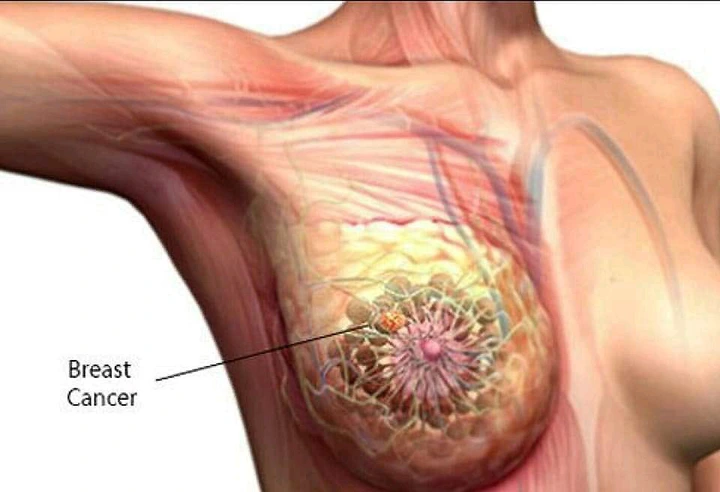Women often juggle multiple responsibilities, leading to neglecting their health. However, paying attention to early symptoms can save lives. Certain signs may seem minor but could indicate serious underlying conditions. Here are some symptoms that should never be ignored:
1. Unexplained Fatigue
Constant tiredness, even after adequate rest, can signify more than just overwork. It may indicate anemia, hypothyroidism, or even early signs of heart disease. Women are more prone to heart-related issues, often presenting differently than in men. Persistent fatigue warrants a medical checkup.
2. Irregular Menstrual Cycles
While occasional irregularity in periods is common, frequent disruptions could be a red flag. Conditions like Polycystic Ovary Syndrome (PCOS), uterine fibroids, or even early menopause could be responsible. In rare cases, it could point to reproductive cancers.
3. Abdominal Bloating or Discomfort
If bloating is persistent and accompanied by weight loss, pelvic pain, or changes in bowel habits, it could be a sign of ovarian cancer or gastrointestinal disorders. Women should seek medical advice if these symptoms last for more than two weeks.
4. Breast Changes
Lumps, skin dimpling, or nipple discharge shouldn’t be ignored. While not all changes indicate breast cancer, timely evaluation ensures early detection, improving treatment outcomes.
5. Unexplained Weight Loss or Gain
Drastic changes in weight without changes in diet or activity levels can signal thyroid issues, diabetes, or even malignancies. Sudden weight fluctuations should always be investigated.
6. Persistent Headaches or Vision Changes
Frequent headaches or changes in vision could indicate migraines, neurological issues, or even high blood pressure. It’s crucial to consult a doctor, especially if these symptoms are new or worsening.
7. Shortness of Breath or Chest Pain
Women often dismiss chest discomfort as indigestion. However, it could be a silent heart attack or pulmonary embolism. Immediate medical attention is critical in such cases.
Being proactive about health is vital. Regular checkups and addressing symptoms early can prevent serious complications, ensuring long-term well-being. Don’t hesitate to consult a doctor if you notice any unusual changes.
